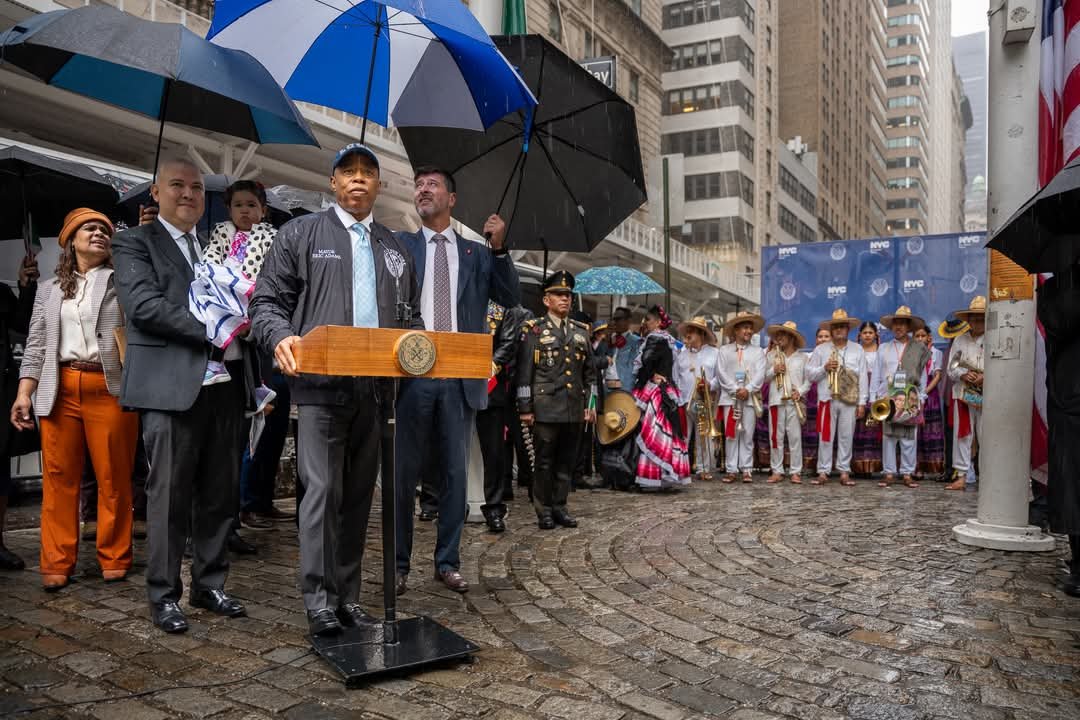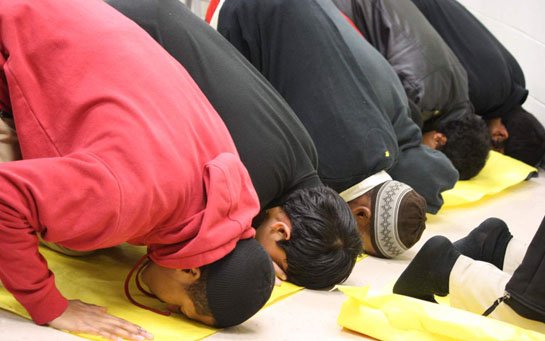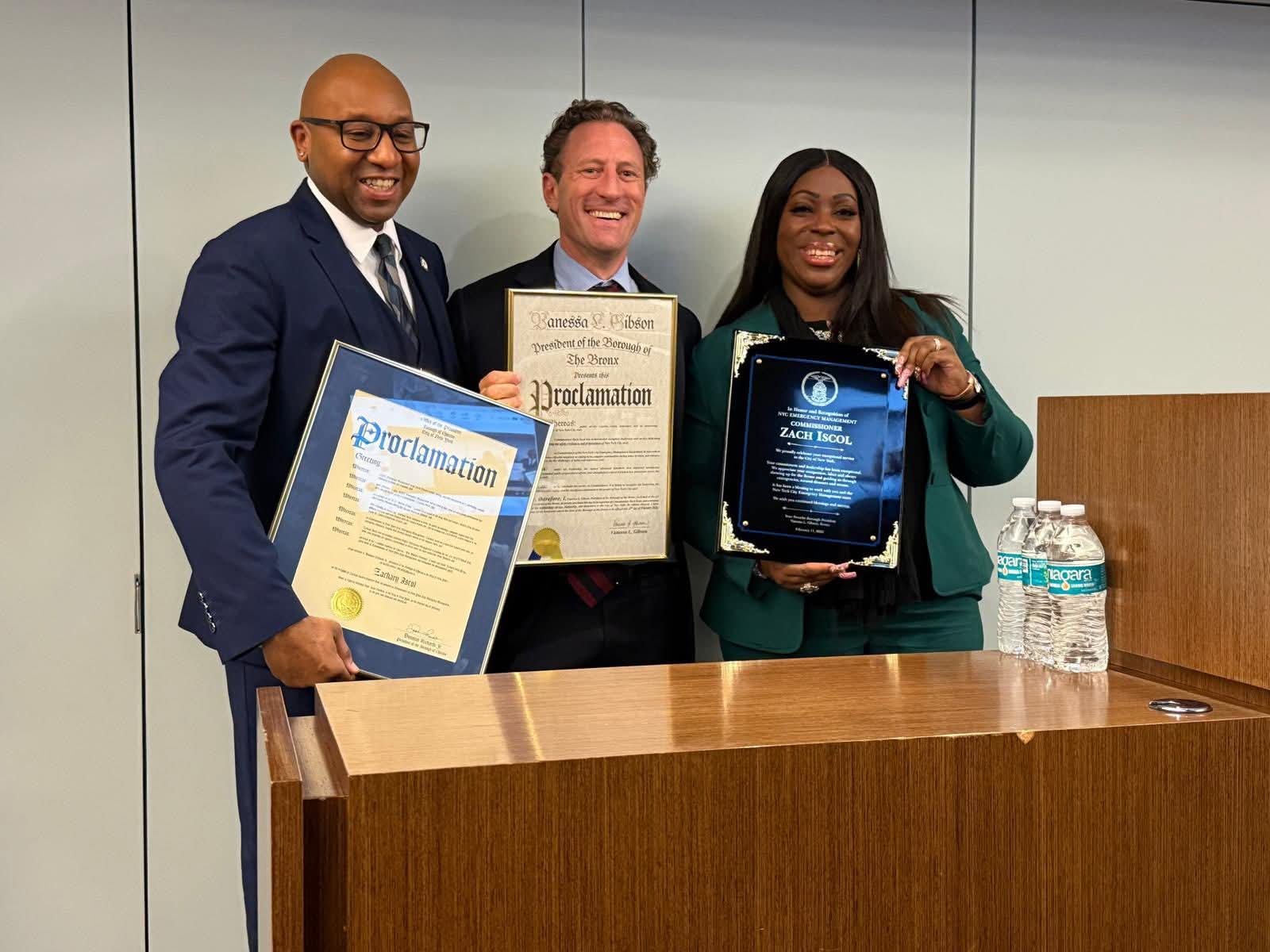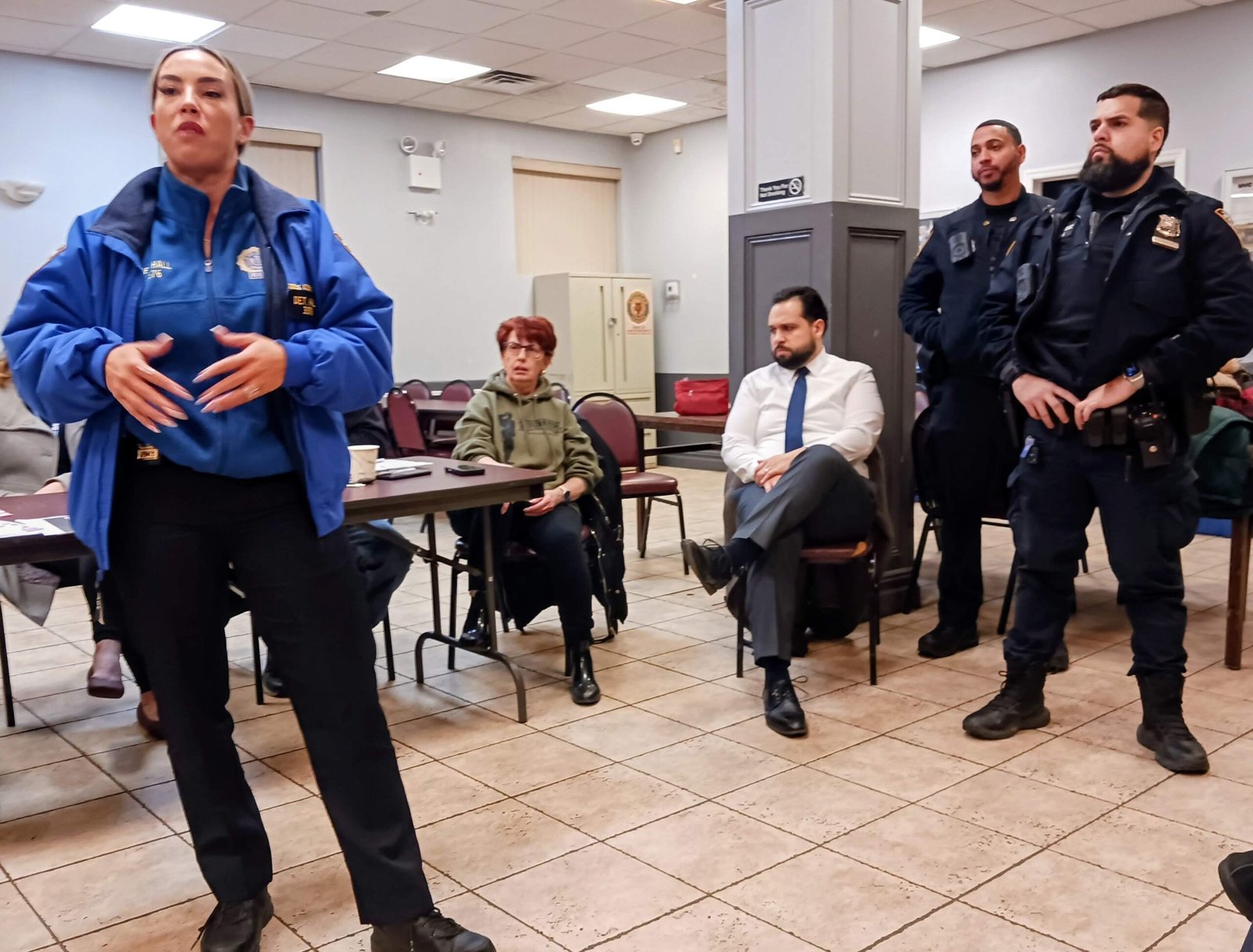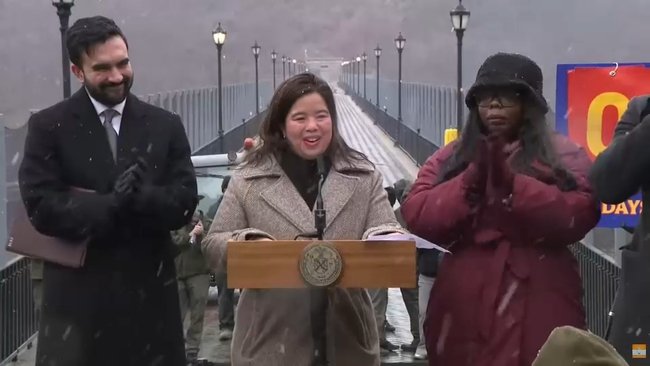
The annual Israel Day on Fifth parade lit up New York City’s iconic Fifth Avenue with color, music, and pride, as thousands gathered to celebrate Israel’s independence and the enduring strength of Jewish identity and community. Formerly known as the Celebrate Israel Parade, this vibrant event has evolved into one of the largest public expressions of Israeli culture and Jewish unity outside the State of Israel.
What began as a small grassroots show of solidarity in 1965 has grown into a massive spectacle of cultural celebration and civic pride. With colorful floats, youth groups, cultural performances, elected officials, and international delegations, the parade offered a powerful message of connection and resilience.
“It’s more than a parade — it’s a living expression of connection, resilience, and shared heritage,” organizers emphasized, as spectators cheered and waved Israeli and American flags in unison.
Beyond its festive display, the event also serves as a beacon of solidarity, especially amid growing global tensions. Marchers and attendees echoed a common sentiment — a commitment to unity, cultural pride, and peace.
Background
Israel Day on Fifth, originally launched in 1965 as the Celebrate Israel Parade, was conceived by American Jewish communities in response to the State of Israel’s founding in 1948. It began with a modest march down Riverside Drive and soon moved to Fifth Avenue due to its growing popularity.
Held annually in late spring, the parade has become a cornerstone celebration of Israeli independence in the United States. Organized by the Jewish Community Relations Council of New York (JCRC-NY), the event has consistently drawn tens of thousands of participants and spectators from across the country and beyond.
Over the decades, the parade has featured appearances by prominent political figures, performances by Israeli and American artists, and participation from dozens of schools, synagogues, and advocacy organizations. It is widely regarded as a cultural and political statement of support for the U.S.-Israel relationship and for Jewish identity and continuity worldwide.



